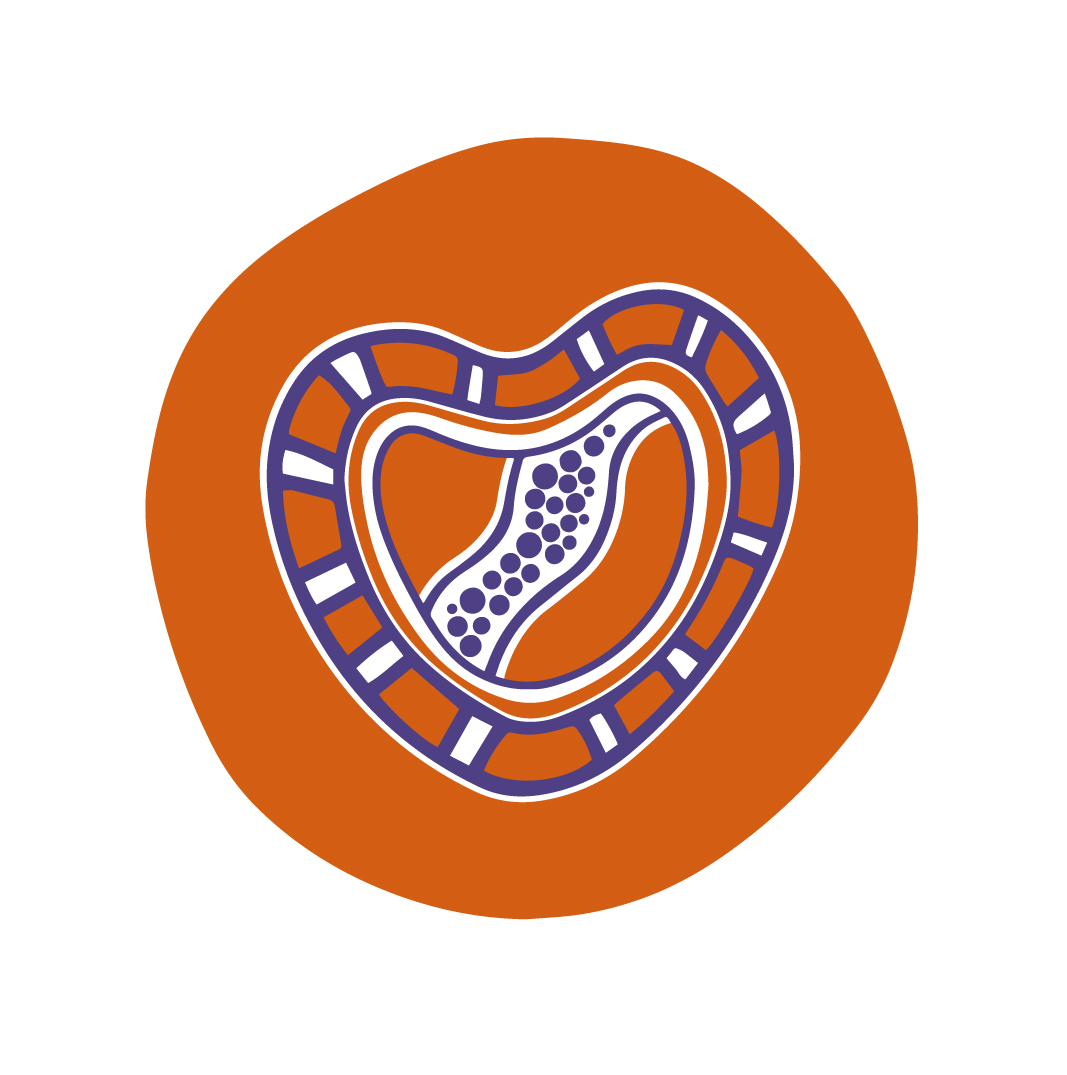Search
Research
The development and refinement of a sensitive bedside test to continually measure the severity of BPD and lung development in preterm infantsGraham Jane Shannon Hall Pillow Simpson BAppSci PhD CRFS FANZSRS FThorSoc FERS BMedSci (Dist) MBBS, PhD (Dist) FRACP BMedSci (hons), PhD Honorary

We’ve linked some helpful resources to assist you in your journey to healthy screen time habits in and outside of your household.

View a collection of published research from The Early Start Screen Smart Program.
Research
The Early Years PartnershipThe Early Years Partnership is a 10-year (2018-2028) partnership between the WA State Government (Departments of Communities, Health, and Education), Minderoo Foundation and The Kids Research Institute Australia as the evidence and evaluation partner.
Research
The effect of oral insulin on subcutaneous insulin requirements and glycaemia in T1DMLiz Tim Davis Jones MBBS FRACP PhD MBBS DCH FRACP MD Co-director of Children’s Diabetes Centre Co-head, Diabetes and Obesity Research Co-director of
Research
The Effect of SMS Reminders on Vaccine Hesitancy in New ParentsTom Snelling BMBS DTMH GDipClinEpid PhD FRACP Head, Infectious Disease Implementation Research 08 6319 1817 tom.snelling@thekids.org.au Head,
Research
The effectiveness of education and lived experience resources in reducing stigma towards young people at-risk of psychosisThis study aimed to evaluate and compare the effectiveness of two brief written anti-stigma resources.

Research
The END RHD CRE: Developing an end game for rheumatic heart disease in AustraliaThe END RHD CRE will undertake a number of projects across several disciplines of research including epidemiology, biomedical sciences; implementation and translation; and understanding the RHD community with a special focus on documenting the experiences of those living with the disease.
Research
The Engage Study: discovering and delighting in your baby - a pilot studyAndrew Desiree Gail Kandice Videos Whitehouse Watch and listen to Andrew Silva Alvares Varcin PhD MBBS, FRACP, MPH, PhD PhD M.Psych (Clinical), PhD
Research
The Facilitation of Acceptance in Trans and Gender Diverse Young PeopleHelen Yael Morgan Perry BA (Hons), Doctor of Psychology BPsych (Hons) MPsych (Clin) PhD Senior Project Coordinator Head, Youth Mental Health 08 6319
